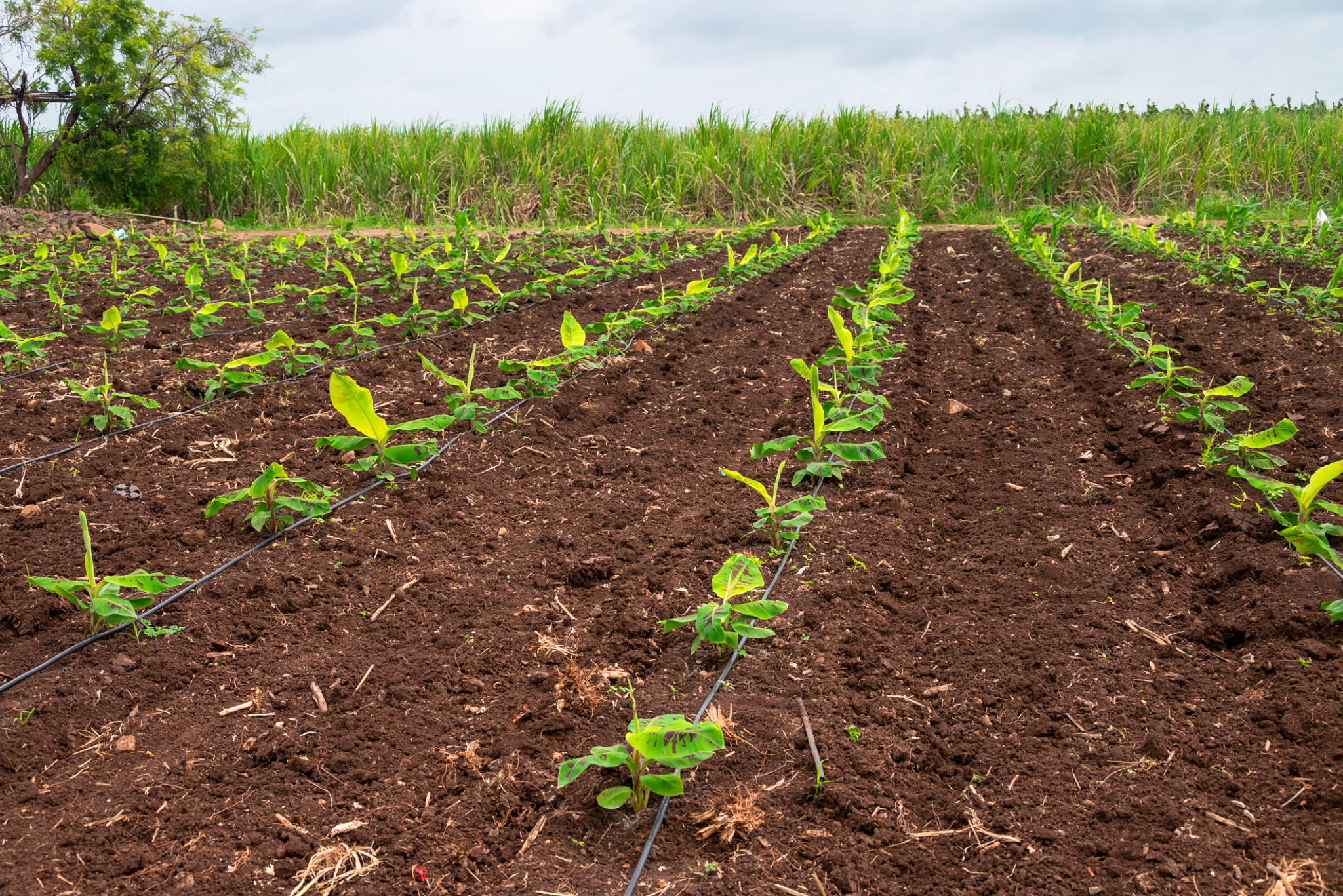Expert Tips: Overcoming Common Challenges in Ghanaian Agriculture
Ghanaian agriculture has long been a cornerstone of the country's economy, but it faces numerous challenges that can hinder productivity and growth. To help farmers and stakeholders navigate these obstacles, we have compiled expert tips and strategies that address common issues in the sector.
Improving Soil Fertility
One of the primary challenges in Ghanaian agriculture is maintaining soil fertility. Over the years, repeated farming without adequate replenishment has led to degraded soils. Experts recommend adopting sustainable practices such as crop rotation and the use of organic fertilizers to restore soil health. Additionally, incorporating legumes into crop cycles can naturally enhance nitrogen levels in the soil.

Utilizing Technology
Technology plays a crucial role in modern agriculture. In Ghana, embracing digital tools and mobile applications can significantly improve farm management. Farmers can access weather forecasts, market prices, and farming tips through their smartphones, enabling more informed decision-making. Moreover, precision agriculture technologies can optimize input use and boost yields.
Water Management Solutions
Water scarcity and inefficient irrigation are pressing issues in many parts of Ghana. To tackle these problems, experts suggest investing in rainwater harvesting systems and drip irrigation techniques. These methods not only conserve water but also ensure consistent moisture supply to crops. Community-based water management projects can also be effective in areas with limited resources.

Combating Pests and Diseases
Pests and diseases pose significant threats to crop production. Integrated pest management (IPM) strategies are essential for minimizing these risks. IPM involves a combination of biological, cultural, and chemical practices to control pest populations. Adopting resistant crop varieties and maintaining crop diversity can further enhance resilience against infestations.
Access to Finance
Lack of access to finance is a barrier for many Ghanaian farmers. To overcome this, farmers can explore cooperative societies and microfinance institutions that offer agricultural loans. Additionally, government initiatives and partnerships with NGOs can provide financial support and training in financial literacy to empower farmers to invest in their operations.

Market Access and Value Addition
Connecting farmers with markets is vital for ensuring profitability. Establishing direct links between farmers and buyers can reduce middlemen costs and improve income. Additionally, investing in value addition—such as processing raw products into finished goods—can open new markets and increase revenue. Training in marketing and entrepreneurship is also beneficial for farmers looking to expand their business opportunities.
By addressing these common challenges with innovative solutions and a collaborative approach, Ghanaian agriculture can thrive and continue to be a vital part of the nation's economy. Implementing these expert tips can pave the way for a more sustainable and productive future in the agricultural sector.

